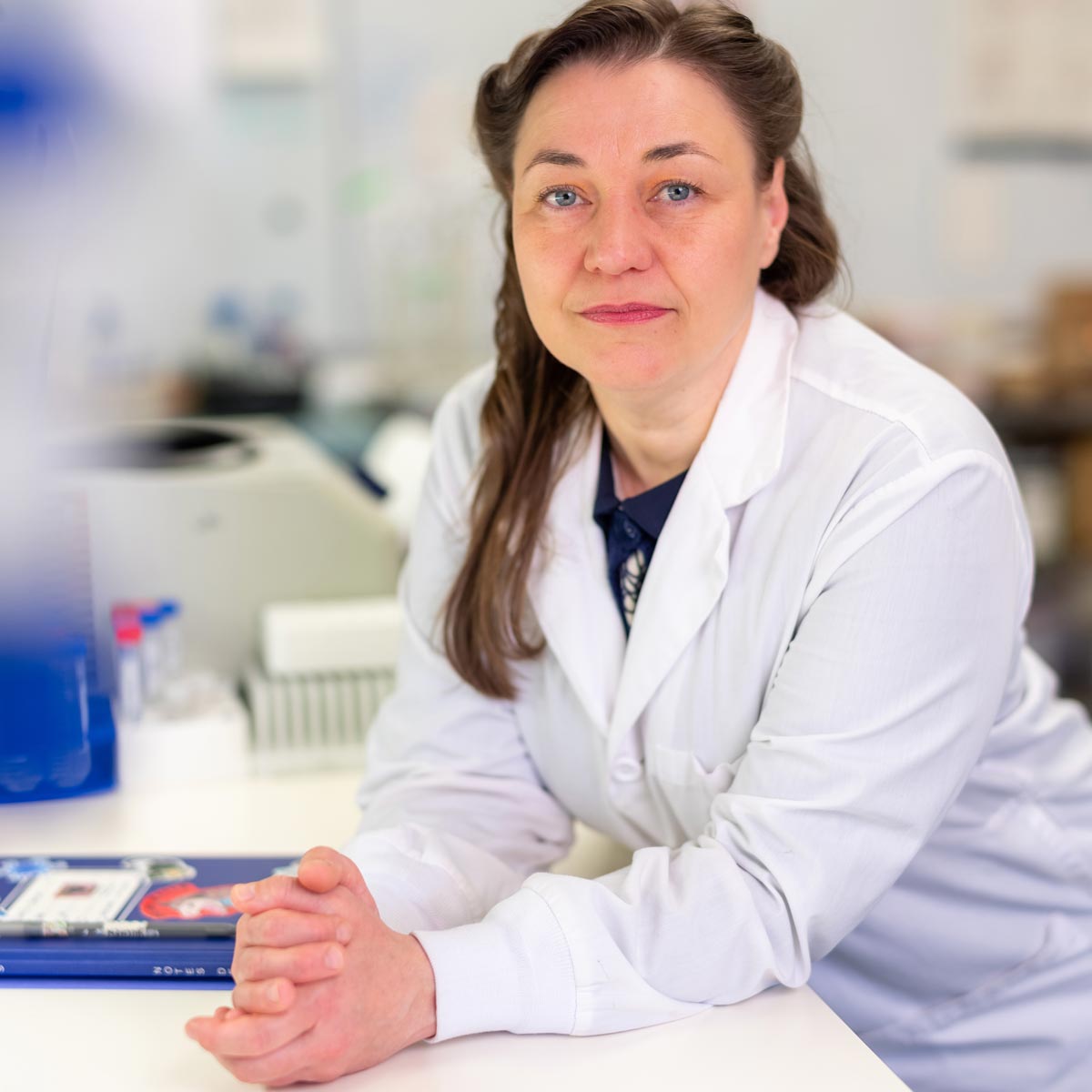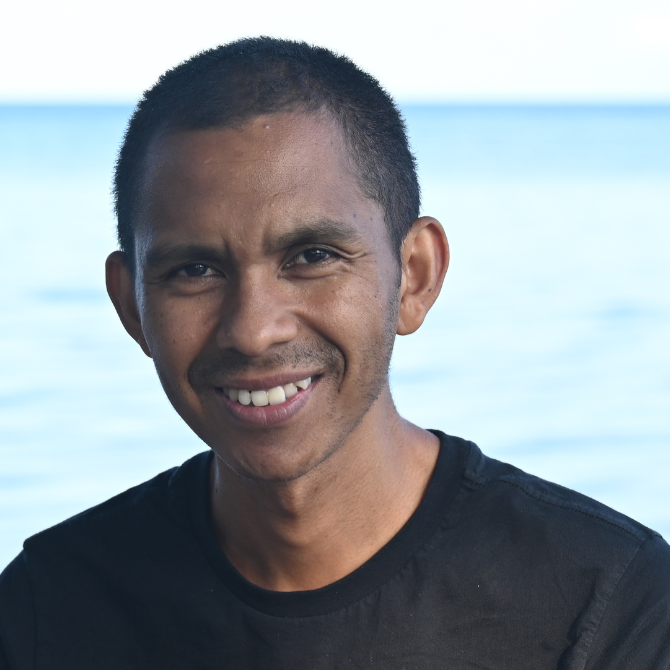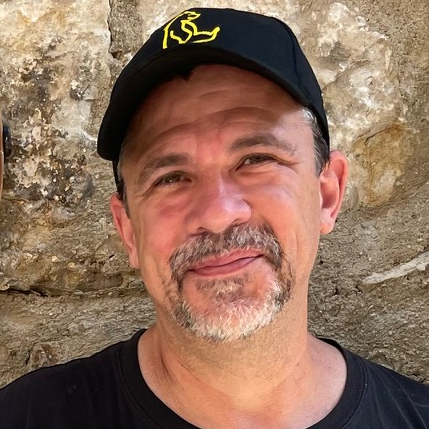One Health


The One Health approach represents an interdisciplinary and transdisciplinary framework that promotes systems thinking to address the greatest challenges of our time, including degradation of natural systems, emerging pathogens, and increasing food and health insecurity. The initiative is led by a core team of investigators spanning human, wildlife and ecosystem health working at molecular, population and global systems scales to establish a One Health Consortium at University of Toronto. This collaborative network will explore interconnections across the scales of life from molecules, genomes, cells/cell systems and individual hosts up to populations and the aquatic and terrestrial ecosystems. The U of T One Health Consortium seeks to fill knowledge gaps in neglected areas of study of the natural world as it relates to the health of all species to work towards mitigation of key challenges including biodiversity loss, pathogen spillover and loss of ecosystem services.
One Health team

Bebhinn Treanor
Bebhinn Treanor is a Professor in the Department of Biological Sciences at the University of Toronto Scarborough. She is a Canada Research Chair in Spatially-resolved Biochemistry and Associate Chair of Research and Graduate Affairs. Her interdisciplinary research program combines immunology and cell biology to make fundamental basic research discoveries to further our understanding of human health and disease. Her interdisciplinary research uses multiple methodologies, from molecular biology and biochemistry, to genetic mouse models and state-of-the-art microscopy. Her overarching goal is to identify novel regulators of B cell activation that could be targets for therapeutic interventions for the treatment of B cell diseases such as autoimmunity and leukemia. Her laboratory at UTSC interrogates B cell activation at the level of single molecules within individual cells, and they have recently identified two novel regulators of B cell activation; the glycan-binding protein galectin-9, and the channel-kinase, TRPM7. Dr. Treanor is co-lead on a UTSC Clusters of Scholarly Prominence Program (CSPP), entitled ExPOSE (Exposomics of Persistent Organic Synthetic Envirotoxins), which takes a One Health approach to investigate the impact of organic pollutants on plant, animal, and human health.

Ranaivo Rasolofoson
Ranaivo A. Rasolofoson is an Assistant Professor at the School of the Environment at the University of Toronto. He has led and conducted independent research that transcends disciplines and systems (e.g., terrestrial and marine). His research addresses global challenges related to human health, development, and environmental sustainability. He has integrated approaches from social sciences (participatory methods), economics (causal inference), ecology, nutrition, public health, and public policy to investigate the health, social and environmental impacts of environmental change and programs. Ranaivo has published in leading interdisciplinary and conservation journals, such as Science Advances, Nature Communications, the Lancet Planetary Health, Conservation Biology, and Conservation Letters. His research has been undertaken in collaboration with academic and non-academic organizations (World Bank, WWF, USAID, Save the Children).
Ranaivo ’s expertise ranges from processing global remote sensing and socio-economic datasets to working directly in the field with local communities. He has investigated community forest management impacts on deforestation, economic and subjective wellbeing in Madagascar, forest impacts on diarrheal incidence in Central America, and early childhood development and child nutritional outcomes within African inland fisheries. Ranaivo currently examines the roles of environmental resources in resilience to the health impacts of extreme weather events. He also explores how to integrate community conservation and nutrition programs to deliver benefits to nutritional health and the environment in low-income countries.

John Ratcliffe
John Ratcliffe is a professor in the Department of Biology at the University of Toronto Mississauga and graduate faculty in the tri-campus Department of Ecology and Evolutionary Biology of the University of Toronto. He is the Canada Research Chair in Neuroethology, that is the study of the neural basis of naturally behaving animals. Dr Ratcliffe is among the world’s leading authorities on bats, and his research focuses on the echolocation and foraging behaviours of this fascinating and often misunderstood group of mammals. His interdisciplinary research program integrates the study of mechanism and development with that of evolutionary history and present-day function, concentrating on the sensory, cognitive and behavioural traits associated with how bats find food. His approach spans levels of analysis from single cell neural recordings through to community-level predator-prey interactions. With echolocation as the common theme, Dr Ratcliffe also studies insects with bat-detecting ears and other echolocators, including Oilbirds and toothed whales. Over twenty-five years, his research has taken him to every continent except Antarctica. Recently, he has worked on predicting which bat species are likely reservoirs for zoonoses and on the evolution of the fungus responsible for white-nose syndrome, which was likely introduced here through ecotourism and has now destroyed innumerable bat populations across Canada.

Samira Mubareka
Dr. Samira is Mubareka is a virologist, medical microbiologist and practicing infectious disease physician at Sunnybrook Health Sciences Centre in Toronto, Ontario, Canada and in the Department of Laboratory Medicine and Pathobiology at the University of Toronto. She is currently focused on understanding the biology and transmission of coronaviruses and influenza viruses and their zoonotic spillover. This work garnered the 2021 Janet Rossant Lectureship, the T. J. Marrie Lectureship and the Richard G. Hegele Award for Excellence in Research and Innovation.
Samira served on the Chief Science Advisor of Canada, Dr. M. Nemer’s COVID-19 Expert Panel, the Implementation Committee of the Genome Canada-led Canadian COVID-19 Genomics Network (CanCOGeN) VirusSeq project, ISED’s Therapeutics Task Force, and the Ontario COVID-19 Science Advisory Table. She chaired the Royal Society of Canada’s COVID-19 One Health Working Group, the RSC’s scientific committees for the G7 One Health Research Summit (2022) and is a CIHR-PHAC Applied Public Health Chair in Pandemic and Health Emergency Prevention, Preparedness, Response and Recovery.

Tom Braukmann
Thomas Braukmann is a scientist at Public Health Ontario in Microbiology and Laboratory Services and an Assistant Professor in the Department of Laboratory Medicine and Pathobiology at the University of Toronto. His research interests include using genomics to detect, predict, and understand the emergence and spread of antimicrobial resistance as well as the transmission dynamics of pathogens. He is also interested in the evolution of zoonoses and emerging pathogens including mpox, Lyme disease, and highly pathogenic avian influenza.




